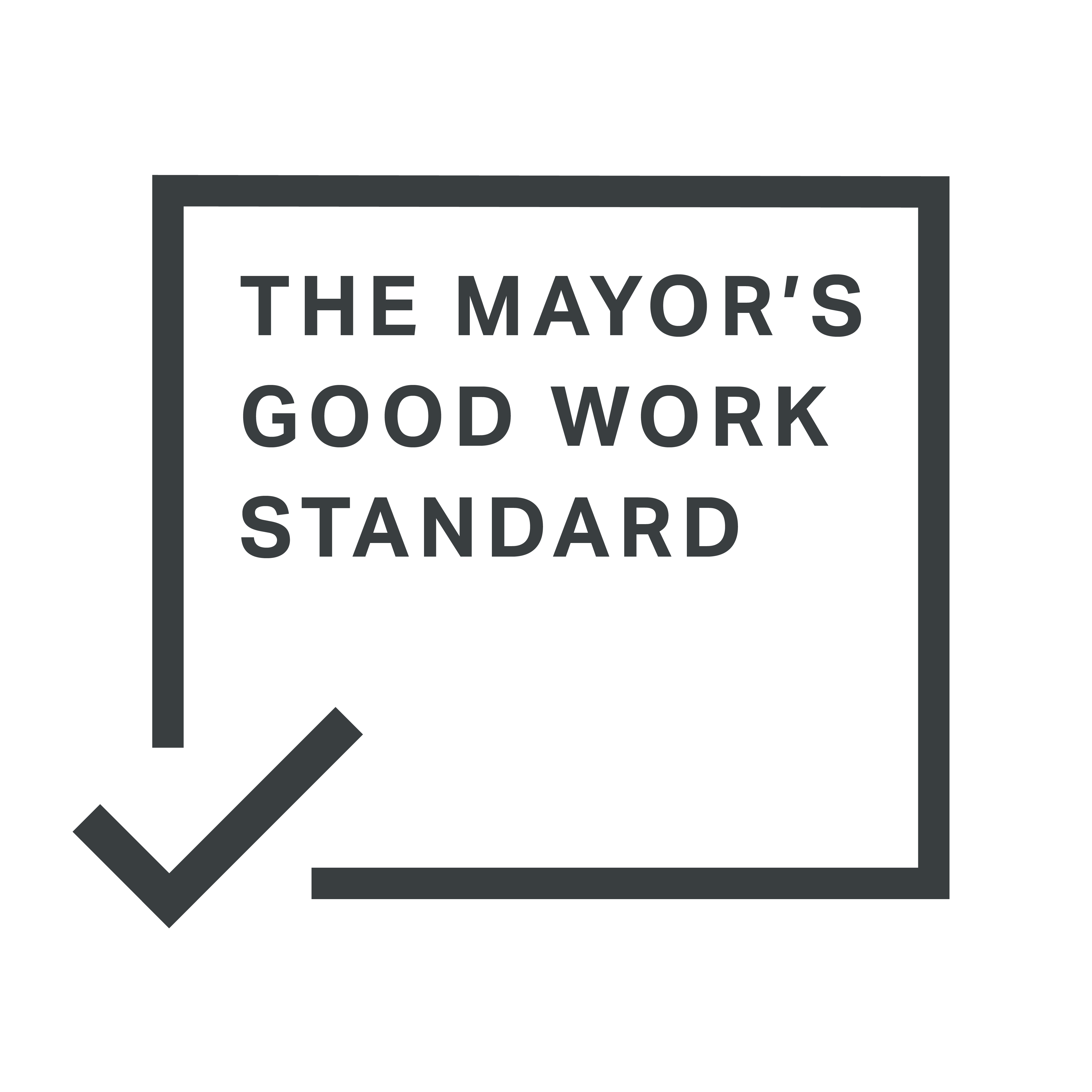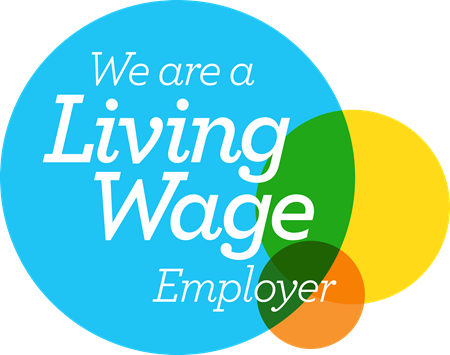08 October 2020
Today we celebrate Clean Air Day, which has been rescheduled from the summer due to the Coronavirus pandemic.
The pandemic initially produced one major positive: air quality significantly improved due to reduced human activity, particularly in transport. Traffic levels on the roads at one point dropped to levels last seen more than half a century ago and sufferers of respiratory illnesses such as asthma benefitted. Reduced private transport activity made safer environments for cyclists and pedestrians. Notable efforts were made in London and around the UK to try and capture the benefits of better air quality and road conditions for cyclists and pedestrians.
However, the gradual reopening of society and the economy in recent months has prompted a rise in road traffic, and it is now almost back to pre-Covid levels. Many new cyclists and walkers may have become reluctant to continue using these options, particularly in cities, because of worsening air quality and perceptions of a lack of safety.
Transport authorities continue to make great efforts to reassure the public that public transport is safe and clean to use. Public transport use has steadily increased in recent months although it remains significantly below pre-Covid levels. Meanwhile, many workers are still working from home, which has benefitted local services and shops. The attraction of local walking and cycling journeys has been helped by wider pedestrian friendly pavements free from clutter and new cycleways, both of which need to be retained and reinforced.
Whilst the future holds many uncertainties, investment must continue in public transport capacity and safety to address passengers top priorities of reliability, capacity and value for money. It also needs to take people where they want to go and when, both of which should change in the post-Covid world as there is expected to be more working from home, more local travel and more walking and cycling. This means that a focus is needed on people who travel around outer London, as well as those who travel to the centre.
Whether individual people’s travel patterns change or remain the same, innovative solutions should now take centre stage to encourage the use of public transport rather than a private car, even greener and cleaner models of car. Solutions already available in limited form, such as flexible or part-time railway season tickets, should be rolled out more widely to reflect the new group of part-time commuters. Priority for buses including longer hours of operation for bus lanes and new outer London orbital and express bus routes will make buses a reliable and inexpensive option.
Recent months have shown that imaginative ideas, which may not have been considered before as they were thought unworkable, can actually be successful. A commitment to flexible thinking will be needed if the post-Covid world is to be a cleaner, greener and healthier one.








